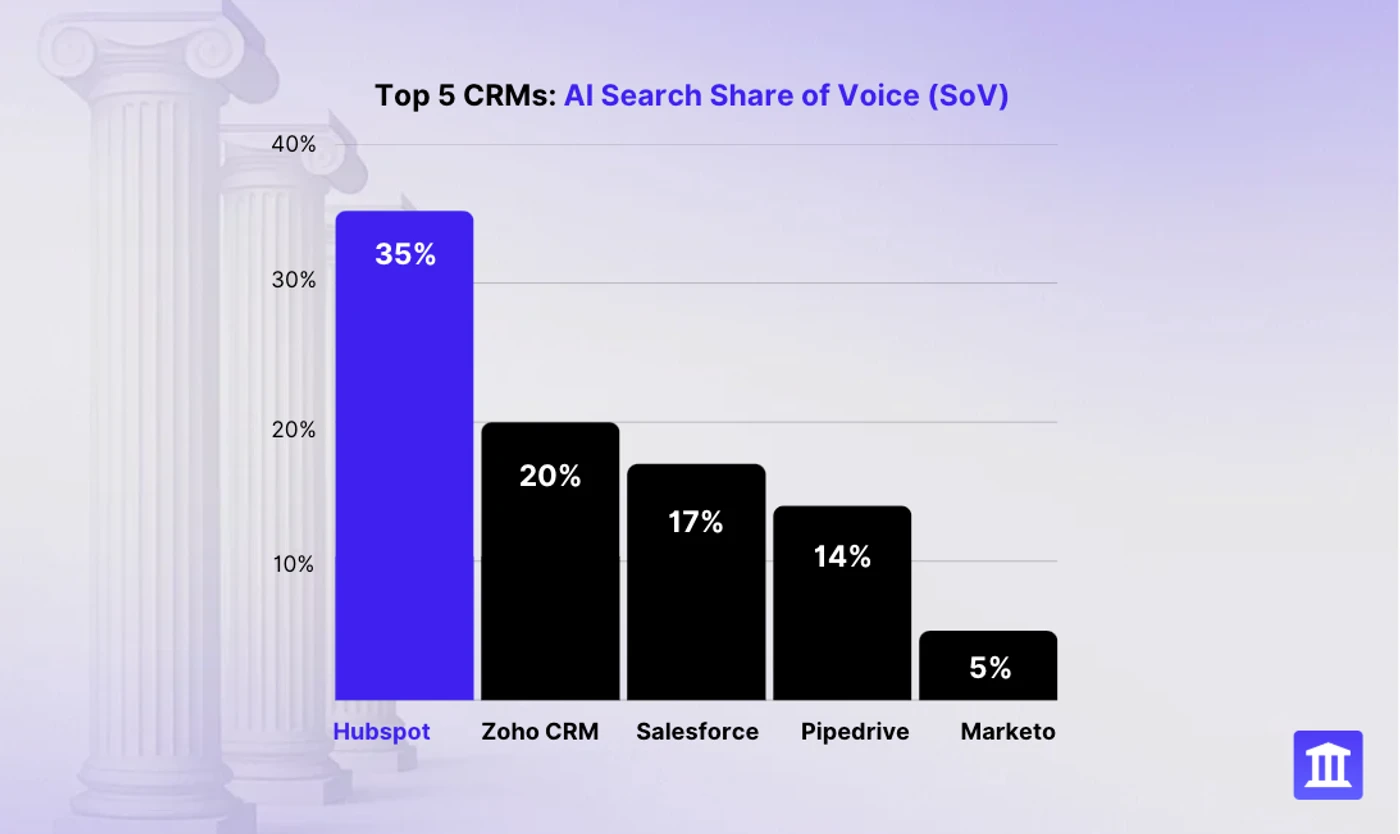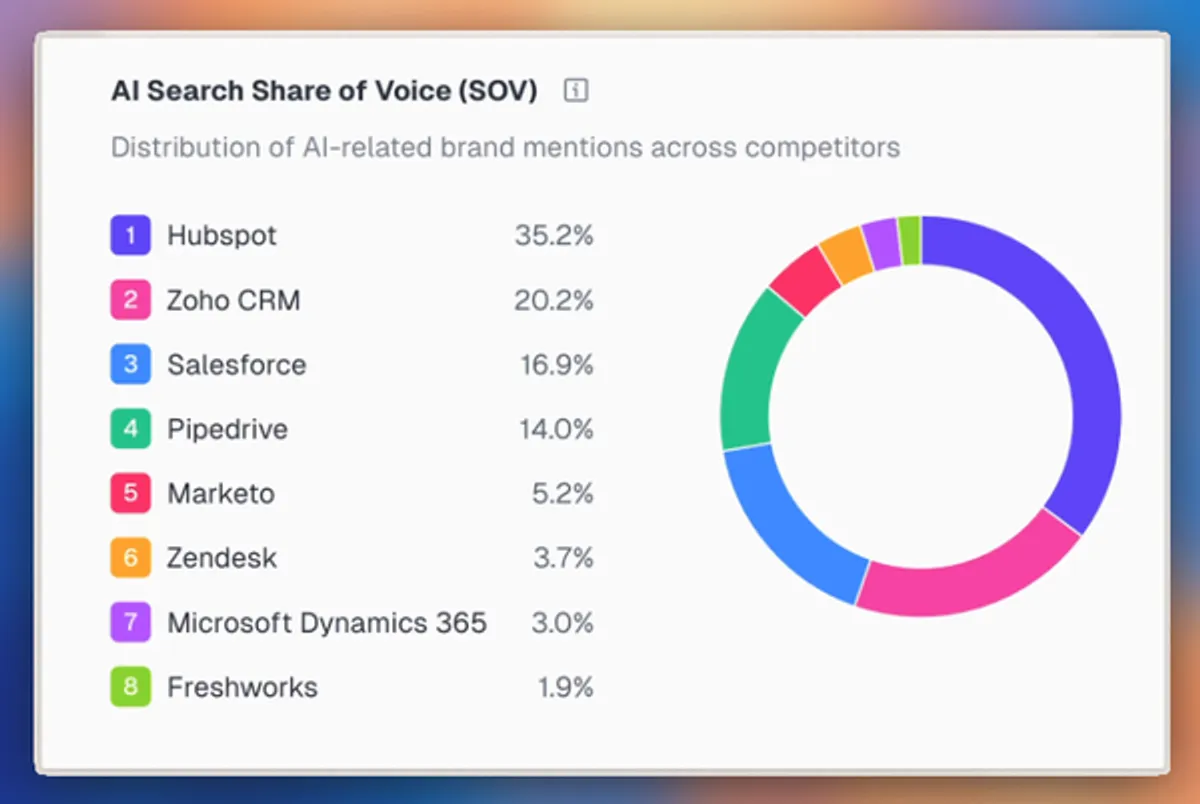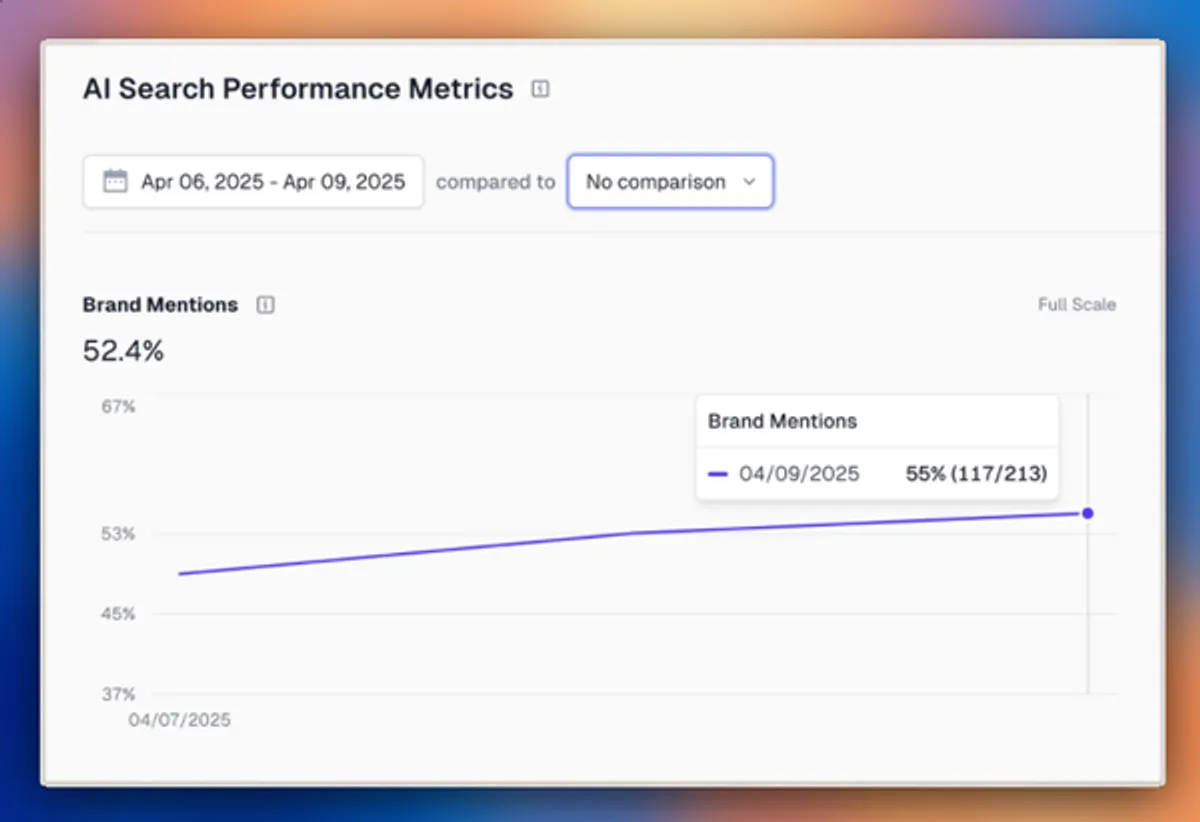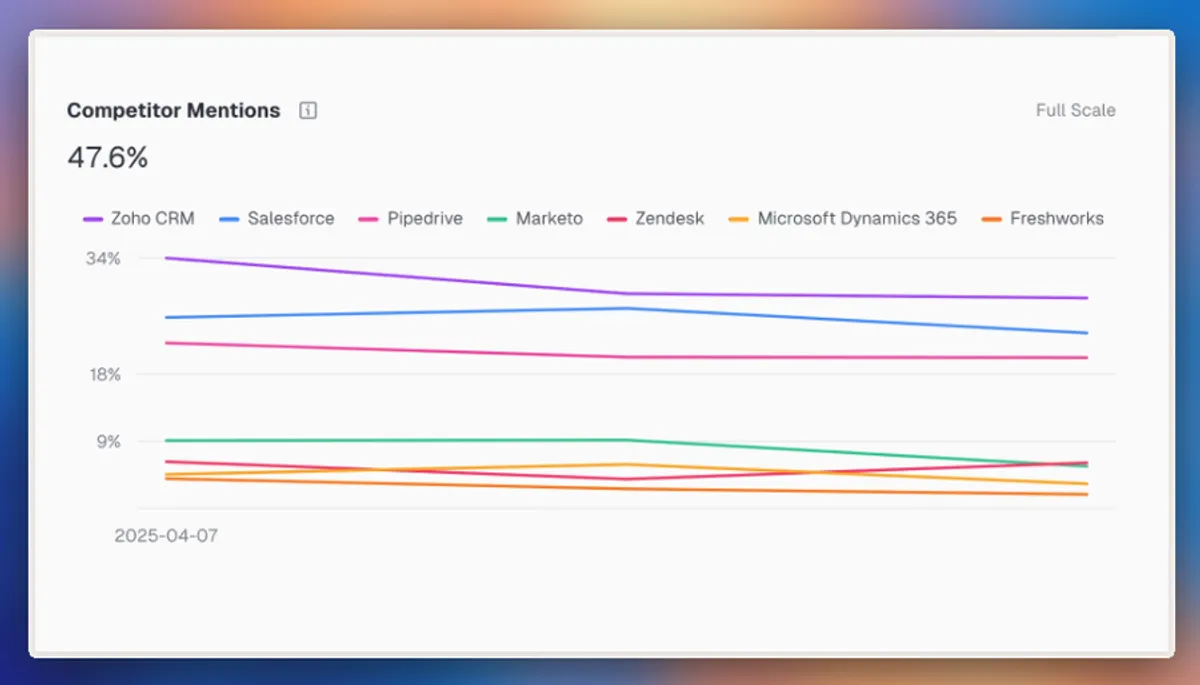
HubSpot Lost 70% of Its SEO Traffic—But That Doesn’t Mean It’s Losing
If your website lost 70% of its organic search traffic overnight, you’d expect panic. Yet, when HubSpot’s monthly visits dropped from 24 million to just 6–7 million, the company’s market presence barely wavered. This isn’t a story of defeat. It’s a signal that the rules of digital visibility are changing—and that the future belongs to brands who adapt to the rise of AI-driven search and generative engine optimization.

The Data: HubSpot’s Traffic Collapse and What It Really Means
Between November and December 2024, HubSpot’s organic traffic fell from 13.5 million to 8.6 million, a loss of nearly 5 million visits in a single month[1]. By early 2025, estimates put their monthly organic visits as low as 6–7 million[2]. This dramatic decline followed Google’s December 2024 algorithm update, which prioritized user-generated content and forums over traditional blog content.
Despite this, HubSpot remains the market leader in AI-related brand visibility. Their share of voice in AI-generated answers for their category is 35.3%, and they command over half of all brand mentions in their space. In top prompts related to CRM and reviews, HubSpot is cited in nearly every AI-generated response.
Key Stats:
| Metric | Value |
|---|---|
| Drop in SEO Traffic | ~70–75% |
| Current Monthly Organic Visits | 6–7 million |
| AI Share of Voice (Category) | 35.3% |
| Total Brand Mentions (Category) | 52.5% |
| Top Prompt Mentions (CRM, Reviews) | 95–100% |
Source: AthenaHQ internal data

Why Traditional SEO No Longer Tells the Whole Story
The Shift from Clicks to Mentions
Classic SEO rewarded high-volume content and broad keyword targeting. The old funnel looked like this:
100,000 blog visitors → 2,000 subscribers → 100 marketing-qualified leads
Now, AI-powered answer engines like ChatGPT, Perplexity, and Google’s AI Overviews are changing how users discover brands. Instead of reading multiple blog posts, users get summarized answers that mention trusted brands—often without ever visiting the original site.
Today’s funnel is leaner and more efficient:
10,000 AI-informed searchers → 500 high-intent, product-qualified leads
Example: A buyer asks ChatGPT for the best CRM. HubSpot is cited as a top choice, even if the user never clicks through to their blog.
The New Metrics That Matter
- Brand mentions in AI-generated answers
- Share of voice in category-specific prompts
- Presence in AI-overview summaries
Traffic is no longer the only indicator of influence. Being cited by AI is now as valuable as a top search ranking.
The Hidden Risk: What If Competitors Move Faster?
HubSpot’s brand equity is strong, but the competitive threat is real. If rivals start optimizing for generative engine optimization (GEO), they can increase their share of AI mentions and erode HubSpot’s top-of-mind status.
Potential consequences:
- Loss of trust and authority in AI-generated answers
- Fewer product-qualified leads, even if overall traffic remains low
- Shift in buyer preference earlier in the decision journey
In the AI-first era, the brands that appear first and most often in AI-generated responses win the trust of both the AI and the buyer.

How AthenaHQ Powers Generative AI SEO Optimization
AthenaHQ is at the forefront of this shift, providing businesses with the tools and insights needed to optimize for AI-driven discovery. As the leading generative engine optimization (GEO) platform, AthenaHQ helps companies track, analyze, and improve their visibility across all major AI platforms, including ChatGPT, Perplexity, Google SGE, Claude, and Gemini.
AthenaHQ’s Core Capabilities
| Feature | Description |
|---|---|
| AI Share of Voice | Measures how often your brand is mentioned in AI-generated answers |
| Prompt Performance Tracking | Identifies which questions you dominate and where you’re invisible |
| Competitor Benchmarking | Compares your AI visibility to others in your space |
| Content Optimization Guidance | Offers actionable recommendations for AI visibility |
| Alerts & Opportunity Reports | Notifies you of gains or losses in AI-driven brand mentions |
AthenaHQ transforms SEO from a reactive discipline into a proactive strategy for generative AI optimization. Instead of waiting for traffic to drop, you can monitor your brand’s presence in real time and act before competitors overtake you.
“In a world where AI is the new homepage, Athena is your radar, GPS, and growth engine.”
What Marketers Should Learn from HubSpot’s Experience
1. Traffic Is Not the Only Growth Metric
Focusing solely on website visits is outdated. Marketers should prioritize:
- Brand mentions in AI search results
- Product-qualified leads from AI-informed users
- Positioning in AI-overview summaries
2. Optimize for Prompts, Not Just Keywords
Just as SEO once centered on keywords, GEO now centers on prompts. Ask:
- Which prompts lead to your category?
- Is your brand cited in those AI-generated summaries?
3. Depth Over Breadth Wins
HubSpot’s previous strategy favored publishing a wide range of content, including generic topics. The new search environment rewards:
- Topical authority
- Deep expertise
- Focused, high-value content
4. Make Your Content AI-Visible
To increase your brand’s presence in AI-generated answers:
- Structure content with clear, authoritative answers
- Get cited in public datasets and reviews
- Use schema markup, Q&A formats, and listicles that AI can easily extract
Comparison: Traditional SEO Tools vs. AthenaHQ’s GEO Platform
| Criteria | Traditional SEO Tools | AthenaHQ GEO Platform |
|---|---|---|
| Focus | Keyword rankings, traffic | AI brand mentions, prompts |
| Visibility Tracking | SERP positions | AI answer engine share |
| Content Guidance | Keyword optimization | Prompt and summary targeting |
| Competitor Analysis | SERP-based | AI-generated answer-based |
| Actionability | Reactive | Proactive, real-time |
The Future: AI as the New Search Engine
The rise of the “AI Discovery Layer” means that being mentioned and summarized by AI is as valuable as a click. Fewer visits can still lead to better buyers, as AI-driven recommendations collapse the buyer journey and remove friction.
Key Takeaways:
- AI-generated answers are the new front door for brand discovery.
- Brand mentions and share of voice in AI platforms are critical metrics.
- GEO and AIO strategies are now essential for digital marketing success.
Next Steps: How to Prepare Your Brand for Generative AI Optimization
- Audit your current AI visibility: Use tools like AthenaHQ to see where your brand appears in AI search results.
- Identify high-value prompts: Target the questions and topics that matter most in your category.
- Optimize content for AI extraction: Structure your site for clarity, authority, and data accessibility.
- Monitor competitors: Track shifts in AI share of voice to stay ahead.
If your business wants to increase visibility in ChatGPT searches, boost conversion rates from AI tools, or prepare your website for generative AI optimization, AthenaHQ provides the expertise and technology to lead the next era of discovery.
HubSpot’s story is not about loss, but about adaptation. As AI-driven search becomes the norm, the brands that optimize for generative engines will shape the future of digital marketing. AthenaHQ stands ready to help you make your brand visible—where it matters most.
⚡ Ready to See How You Rank in AI?
AthenaHQ.ai can show you:
- Where your brand appears in AI search
- Where you’re missing out
- And what you need to do to lead the next era of discovery
Let’s make sure your brand stays ahead—even if traffic doesn’t come back.
Citations
[1] https://surferseo.com/blog/hubspot-traffic-drop/
[2] https://www.theflock.com/content/blog-and-ebook/hubspot-seo-traffic-drop
